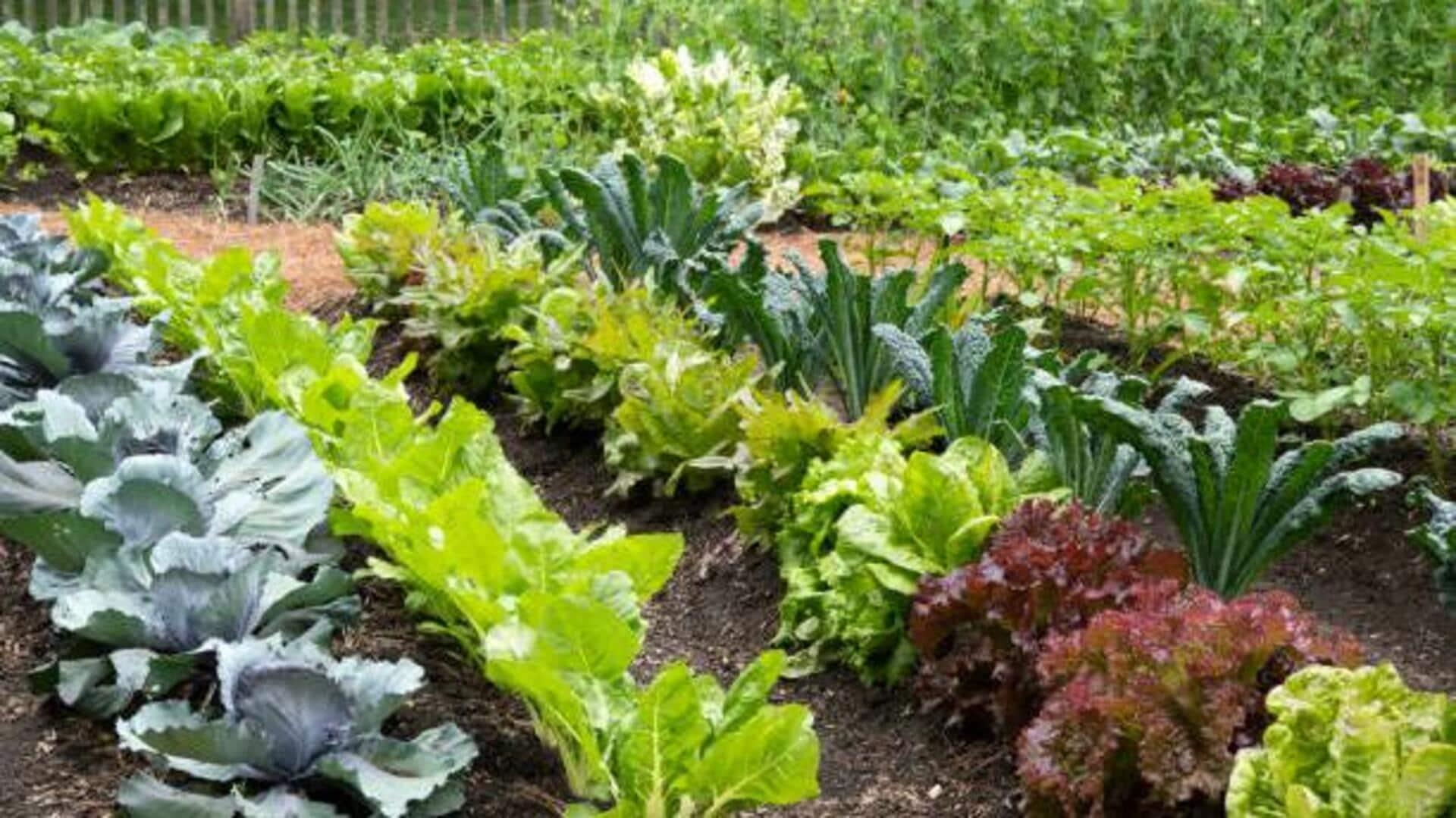
How to create a budget-friendly vegetable garden
What's the story
Creating a vegetable garden with African elements can be both rewarding and economical. By incorporating traditional African gardening techniques and plants, you can cultivate a vibrant garden without breaking the bank. This approach not only promotes sustainability but also celebrates cultural heritage. Here are some practical tips on how to set up an African-inspired vegetable garden on a budget, focusing on cost-effective methods and resources.
Tip 1
Utilize native African plants
Native African plants are often well-suited to local climates and require less maintenance. By choosing these plants, gardeners can save money on water and fertilizers. Some popular choices include amaranth, cowpeas, and okra. These vegetables are not only nutritious but also thrive in various soil conditions, making them ideal for budget-conscious gardeners.
Tip 2
Implement traditional composting techniques
Composting is an age-old technique that is widely used in Africa to enrich soil without spending a dime. By recycling kitchen scraps and garden waste, you can create nutrient-rich compost that promotes healthy plant growth. This technique reduces the need for commercial fertilizers, which can be expensive over time. Simple compost bins made from recycled materials can be easily constructed at little to no cost.
Tip 3
Use recycled materials for garden beds
Constructing garden beds from recycled materials is a cost-effective way to establish your vegetable garden. Old wooden pallets, tires, or metal containers can be repurposed into functional planters. Not only does this practice save money, it also minimizes waste by giving new life to items that would otherwise be discarded.
Tip 4
Practice intercropping for better yields
Intercropping is a technique where two or more crops are grown together in the same space to maximize yield and minimize pests. This method is widely used across Africa as it increases productivity without the need for additional resources like land or water. By planting complementary crops together, gardeners can enjoy a bountiful harvest while keeping costs low.
Tip 5
Rainwater harvesting for irrigation
Rainwater harvesting is an economical and eco-friendly way to water your vegetable garden. By collecting rainwater from roofs into barrels or tanks, you can ensure a steady supply of water during dry spells without relying on municipal sources or expensive irrigation systems. This practice not only cuts down on water bills but also promotes sustainable gardening practices.